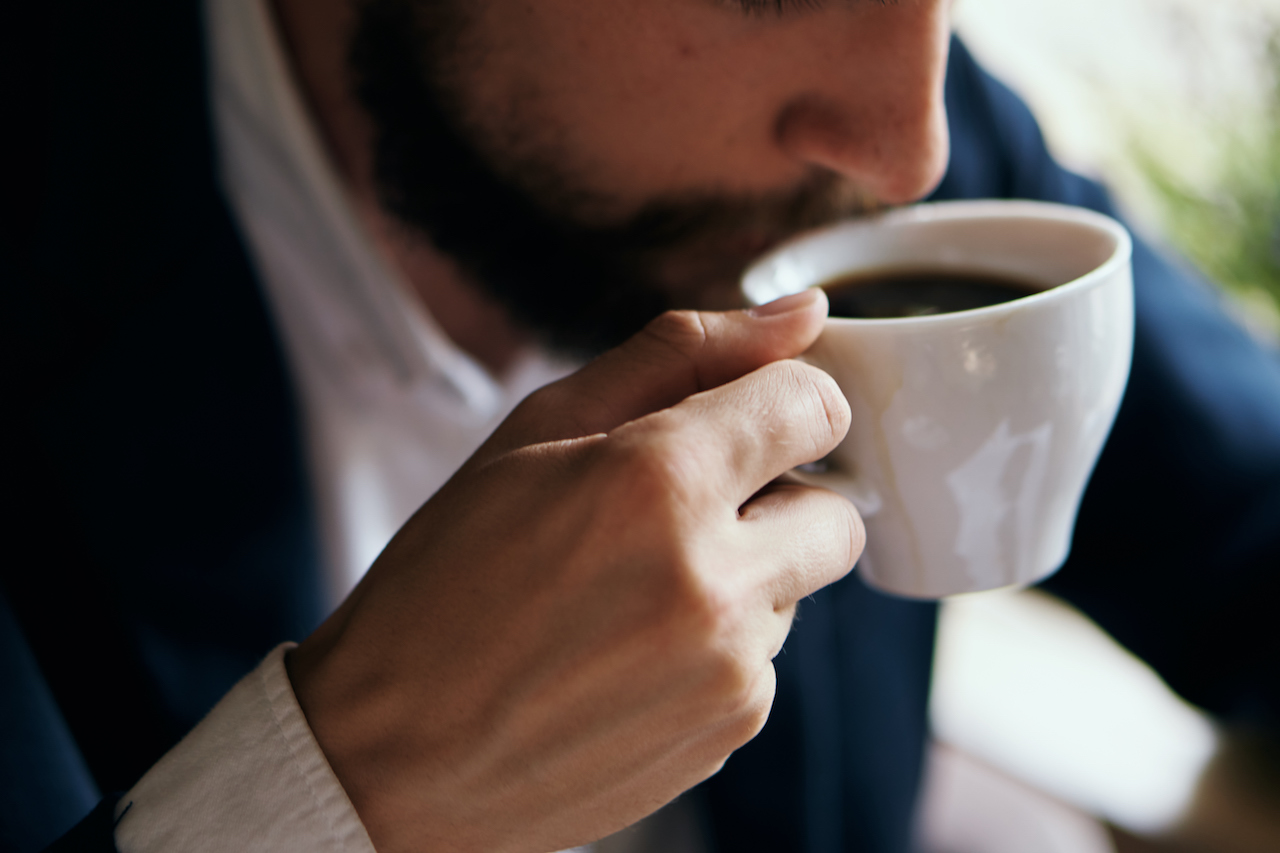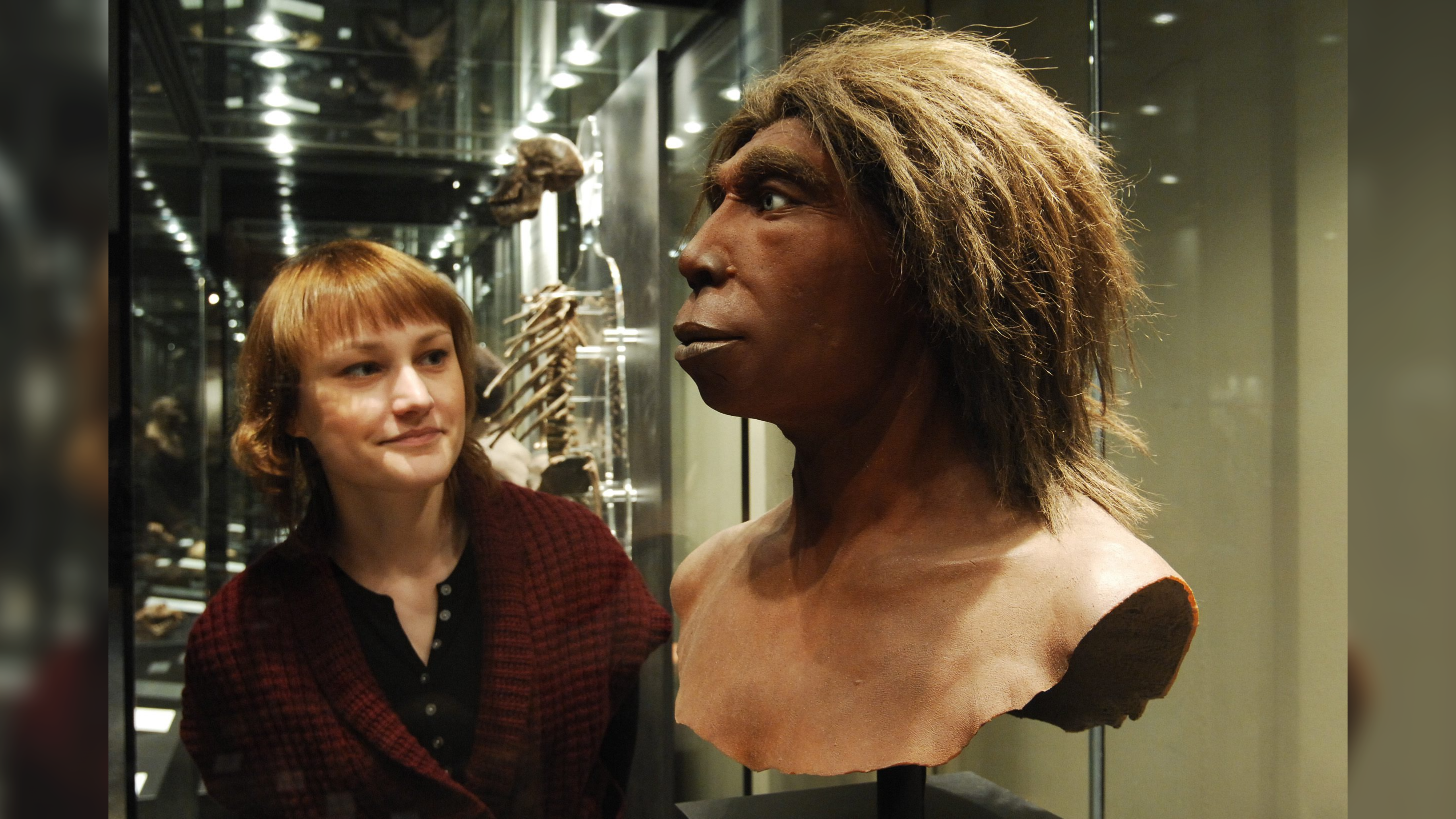Does caffeine help or cause headaches?
Caffeine's influence over headaches is complicated.

Get the world’s most fascinating discoveries delivered straight to your inbox.
You are now subscribed
Your newsletter sign-up was successful
Want to add more newsletters?
Join the club
Get full access to premium articles, exclusive features and a growing list of member rewards.
If you miss your morning cup of joe, your temples may start throbbing. If you drink more than normal, that could cause a headache, too. And somehow, a strong cup of coffee can also stop some migraines in their tracks.
So is caffeine the culprit or the cure for headaches? Is the problem too much or not enough? The answer: all of the above.
The key to understanding caffeine is to remember that it's no ordinary ingredient. Caffeine is a psychoactive substance, said Dr. Richard Lipton, a professor of neurology at Albert Einstein College of Medicine in New York City. It has stimulating and vasoconstricting properties, meaning it speeds up brain activity and causes veins in the head to narrow, which help explain caffeine's roles in headaches — both as instigator and reliever.
Related: Does coffee really give you an 'energy boost'?
Caffeine as headache treatment
Caffeine's ability to relieve a withdrawal headache or halt a migraine is well established; it's a key ingredient in multiple over-the-counter and prescription drugs, including headache-specific medicines like Excedrin.
"It's not a pain reliever in its own right, but when combined with pain relievers, it makes them more effective," Lipton told Live Science. While caffeine's synergy with pain relievers is not fully understood, it could be related to caffeines activity in the brain.
The caffeine molecule binds to adenosine receptors in the brain and spinal cord. Normally, adenosine, a building block in DNA's molecular cousin RNA and in the main chemical fuel used by the body's cells, binds to these receptors, but it's blocked by ingested caffeine.
Get the world’s most fascinating discoveries delivered straight to your inbox.
By taking up the seats adenosine would normally occupy, caffeine blocks the molecules' effects. While adenosine slows nerve activity, caffeine increases it. Adenosine increases blood flow and causes blood vessels to widen, while caffeine constricts them; as some headaches partly stem from vasodilation in the head, caffeine's role as a vasoconstrictor may partly explain its effects.
However, adenosine also plays a complex role in pain transmission, sometimes quelling pain signals and sometimes promoting them, so caffeine may also relieve headaches by messing with this signaling. Studies also show that, when taken with caffeine, pain relievers like acetaminophen are absorbed faster and their effects may last longer. In a study in which providers and patients didn't know whether they received an active pill or a placebo, caffeine with ibuprofen provided better and faster pain relief than ibuprofen alone.
However, caffeine's pain-killing abilities vary widely depending on how much people normally consume, according to Stanford Health Care. People develop a tolerance with frequent caffeine use and can then become dependent on caffeine's effects. This minimizes its headache-relieving effects.
Related: What are the different types of headaches?
Not enough or too much

On the flip side, caffeine can also cause headaches — both when people consume less than they normally would and when they consume too much.
In the former case, headaches can occur because, with daily use, caffeine starts to change the brain's structure. "When your receptors are chronically exposed [to caffeine]," Lipton said, "then your brain doesn't function normally unless the caffeine is around."
Studies suggest that regular caffeine consumption increases the number of adenosine receptors in a person's brain, making a person more sensitive to adenosine's effects. Withdrawal headaches occur because the body becomes used to the vasoconstriction that comes with daily caffeine, and without it, those blood vessels suddenly swell, which can cause headaches.
The good news is that once you catch up on your caffeine, these headaches usually go away — or after a period free from caffeine, the brain's number of adenosine receptors falls, as do the symptoms of withdrawal.
Excess caffeine can also trigger headaches. Headache is one of the many side effects of caffeine overdose, and for some migraine patients, caffeine can actually trigger an attack. However, while there's rigorous evidence behind caffeine withdrawal headaches and caffeine's benefits in combination with painkillers, the reason excessive caffeine causes headaches is less established, Lipton said. But it's a phenomenon neurologists like Lipton have observed in the clinic, he said.
To be safe, the Food and Drug Administration says healthy adults should limit their caffeine intake to 400 milligrams — the equivalent to four or five cups of coffee — per day. But it's important to note that individuals' sensitivity to caffeine can vary.
"Caffeine is definitely this two-edged sword," Lipton said. It can be mood-boosting and productivity-enhancing, and sometimes pain-stopping, but overuse and overdependence are fast paths to a throbbing headache.
This article is for informational purposes only and is not meant to offer medical advice.

Donavyn Coffey is a Kentucky-based health and environment journalist reporting on healthcare, food systems and anything you can CRISPR. Her work has appeared in Scientific American, Wired UK, Popular Science and Youth Today, among others. Donavyn was a Fulbright Fellow to Denmark where she studied molecular nutrition and food policy. She holds a bachelor's degree in biotechnology from the University of Kentucky and master's degrees in food technology from Aarhus University and journalism from New York University.
 Live Science Plus
Live Science Plus










